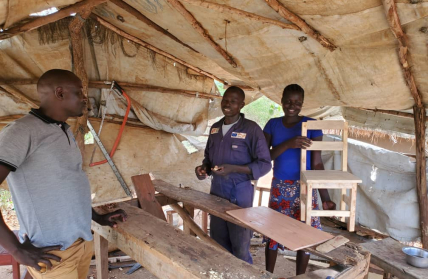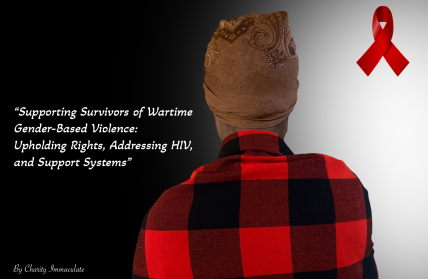This article was originally posted on the WITNESS blog. Archiving a large video collection can be a daunting task. However, organizing and preserving footage can help simplify both day-to-day and long-term media advocacy projects. We talked with Patrick Otim of the Refugee
Uganda's journey towards truth-seeking and accountability has been slow moving and significantly hindered by the poor traction and management of its archives and records. Yet repositories of information remain invaluable for remembering and understanding the past,
Awareness of sexual violence against men and boys is gradually growing in different parts of the world. They are being acknowledged as victims of such acts, especially rape – partly due to the relentless interventions
Rape is a horrifying reality among women and girls. The weapon of Rape often devastates victims with extreme violations and trauma, and women frequently tend to look at themselves as the living dead as they raise children of unknown fathers.
This year’s World Day Against Trafficking in Persons (TIP), marked annually on 30 July, was commemorated under the theme of 'Use and Abuse of Technology.’ First commemorated almost a decade ago,
Poor and marginalised groups [including women and girls] have limited ability to cope with climate change impacts according to the Intergovernmental Panel on Climate Change (IPCC).
International Women's Day (IWD) has been observed for many decades. The institution of the day was driven by the universal female suffrage movement that began in New Zealand and was later propelled by the labour movements in North America and Europe during the early 20th Century.
The Refugee Law Project is implementing the Leadership, Empowerment, and Protection (LEAP II) project to strengthen women’s empowerment in four refugee settlements in Uganda: Rhino Camp, Bidibidi, Adjumani, and Kyakya. This project aims to enhance women’s





